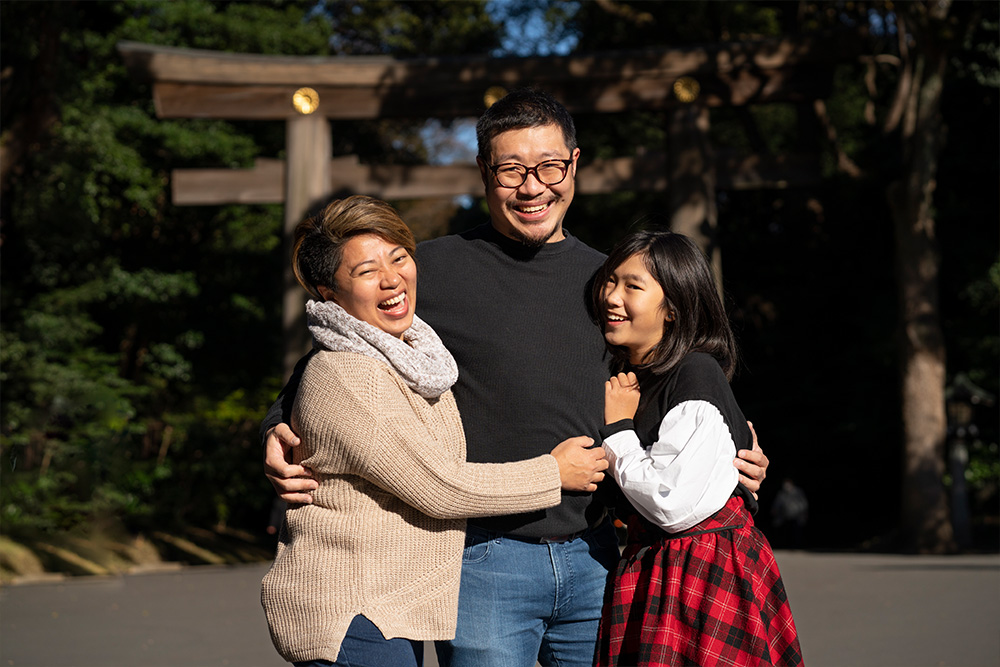Being in debt has dire consequences such as taking a toll on your mental health, affecting relationships, being unable to cater money for medical bills, keeping you from reaching your financial goals and many more.
However, it is also worth noting that it is never too late to start doing something about it to achieve financial freedom as soon as possible.
There are five ways you can repay your debt in Singapore – read on to find out more.
1. Debt Consolidation Plan (DCP)
The Debt Consolidation Plan (DCP) is one of the solutions to help you become debt-free in Singapore. It works by allowing you to combine all your unsecured debts, owing to various financial institutions, into one single debt which you will only have to repay to one financial institution.
This is an effective way to repay your debts as it essentially means that you only deal with one financial institution and its interest rate, as compared to a few different institutions with different interest rates. You will also be able to avoid a situation where you find yourself not having enough cash to repay Bank B after your monthly repayment to Bank A, for example. Other benefits of DCP in Singapore include being able to plan your finances better and avoiding late repayments which will incur additional charges.
Here are the common FAQs about DCP:
- Can I consolidate all my loans under DCP?
Loans from joint accounts, renovation, education and medical loans, and credit facilities granted for business purposes are not applicable. Individual unsecured debts must exceed 12 times of monthly income.
- How do I make repayments?
You will have to make monthly repayments to the financial institution which you have taken up the DCP loan from and some loan tenures can last up to 10 years.
- Can I refinance my DCP loan?
Yes, you can choose to terminate the DCP with your existing financial institution and take up a new DCP loan with another financial institution. However, this can only be done 3 months after the approval of your first DCP loan.
2. Debt Repayment Scheme (DRS)
You may also wish to consider the Debt Repayment Scheme (DRS) which is often seen as a final lifeline for those in debt. In DRS, your debts will be consolidated and you will be offered a monthly installment plan of up to 5 years. At the same time, your creditors will not be able to take legal action against you.
Thus, it is recommended that you take up the scheme and roll multiple debts into one, ideally without interest, to get out of debt. This is one of the ways to prevent becoming bankrupt in Singapore.
Here are the common FAQs about DRS:
- How can I apply for DRS?
Although how it works is similar to DCP, you cannot apply for DRS yourself. It will only be offered to you if your combined debt does not exceed $150,000 and can only be initiated when a bankruptcy application has been made against you in the High Court by yourself or your creditor.
- What happens if I fail to repay my debts?
You will be issued a Certificate of Failure which allows your creditors to initiate bankruptcy proceedings against you once again.
- What happens after I repay all my debts under DRS?
You will be issued a Certificate of Completion which will release you from all debts under DRS.
3. Debt Settlement Appeal
If the previous two DCP and DRS options do not sound like something that would benefit you and your situation, consider directly negotiating with your creditors by writing a Debt Settlement Appeal letter. You will need to explain your financial situation in your letter to your creditor to appeal for a longer loan tenure or a smaller monthly repayment amount.
However, this appeal may or may not be accepted by your creditor while some may approve and only offer it to you as a temporary solution for a few months.
Here are the common FAQs about a debt settlement appeal:
- Can I write the appeal letter on my own?
Yes, there is no need to hire a lawyer to write the appeal letter.
- What happens if my appeal gets rejected?
You may try to re-appeal but preferably with a more convincing repayment plan to increase the chances of approval.
- What will I have to provide?
You will need to provide proof of your difficult financial situation and may be asked to fill out a budget sheet.
4. Debt Management Programme
The Debt Management Programme (DMP) is offered by Credit Counselling Singapore (CCS). It aims to facilitate repayment arrangements on your behalf so that you repay credit card, credit line and personal loan debts to creditors in full.
Like DCP, you will be paying a monthly installment but your debts will not be consolidated under one financial institution. Instead, CCS will prepare a proposal and repayment schedule to help you fully repay your creditors through affordable monthly installments, a reduced interest rate and over a reasonable period.
Here are the common FAQs about DMP:
- Who is eligible to apply for DMP?
You need to have unsecured debts of $10,000 or more; debts that are owing to two or more creditors; and assessed to have the capacity to repay all debts within a reasonable time.
- Will my credit score be affected?
Your status being on DMP will be reported to the Credit Bureau Singapore and your creditors are unlikely to approve future loan applications.
- What happens after DMP?
You will be invited to attend a workshop on rebuilding your credit worthiness.
5. Bankruptcy
Lastly, bankruptcy may be your last option as it essentially allows you to negate your debts. However, there are many other aspects to take into consideration. For instance, you will have to give up your assets, your credit score will get affected and you will have to deal with the social stigma that comes with being bankrupt.
Therefore, it is always recommended to source alternatives to repay your debt before filing for bankruptcy; some options such as DCP or DRS may help you to avoid going bankrupt.
Here are some common FAQs about bankruptcy:
- Will my name stay in the bankruptcy register forever?
Your name will be removed from the bankruptcy register five years following discharge. It will only remain in the register should you not be able to fully pay off your target contribution, even though you can still be discharged from bankruptcy.
- Will I be able to travel?
You will need to obtain approval from your Official Assignee (OA) beforehand and if you are under the Green Zone, applications tend to get approved more.
- Will everybody know I am bankrupt?
People will only find out you are bankrupt when they search for your name in Singapore’s bankruptcy register and this list can only be assessed with a fee involved.
Consult Debt Aid today
If you are unsure of the next step to take to repay your debts, consider consulting Debt Aid Sg. We provide debt counselling in Singapore and will help you to weigh your options so that you regain financial freedom in the most suitable way.



